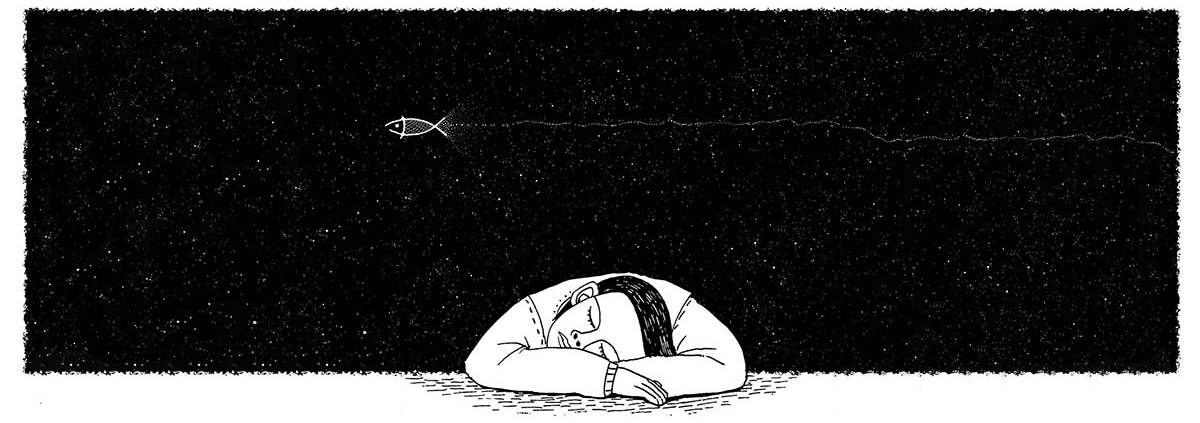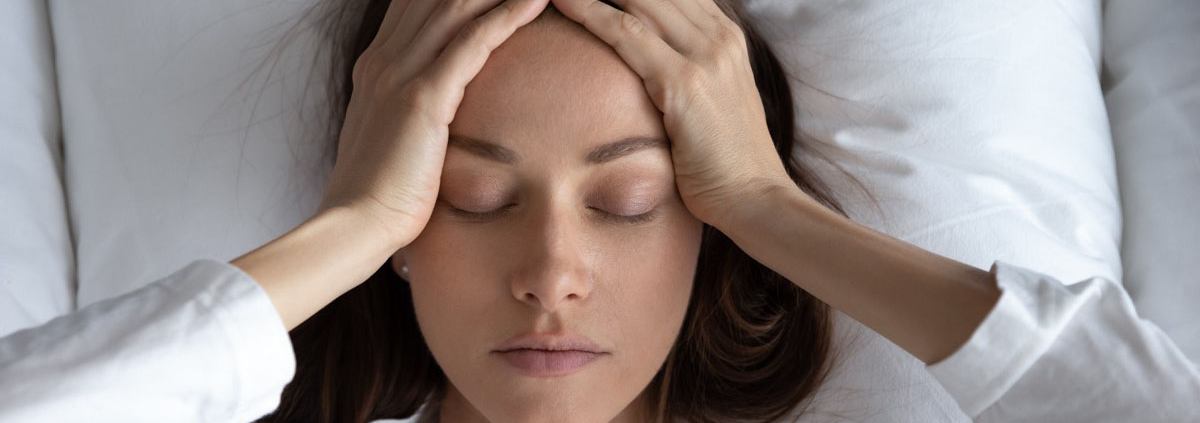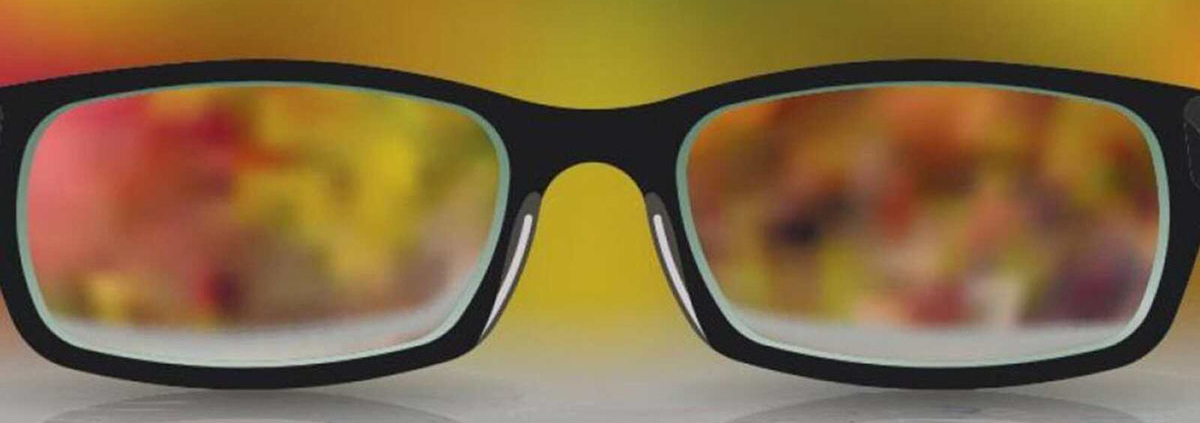Individual aspects of poor sleep can be detrimental to heart health. But if you combine them, the risk of heart disease can increase by as much as 141 percent. That’s the finding of a new study published in the journal Scientific Reports.
The University of South Florida-led study reviewed sleep data of 6,820 U.S. adults with an average age of 53 who self-reported their sleep characteristics and heart disease history. Among the participants, 633 also wore a research device (actigraphy) around their wrist that captured sleep activity.
Researchers focused on multiple aspects of sleep health, such as regularity, satisfaction, alertness during waking hours, timing of sleep, sleep efficiency and sleep duration and linked them to physician-diagnosed heart disease. They found that each additional increase in self-reported sleep health problems was associated with a 54 percent increased risk of heart disease. The estimated risk of heart disease associated with an increase in sleep health problems was much higher for those who provided sleep data by both self-report and the research device. They had a 141 percent increase – a figure that could be perceived to be more accurate.
Release date: 07 February 2022
Source: University of South Florida (USF Innovation)



